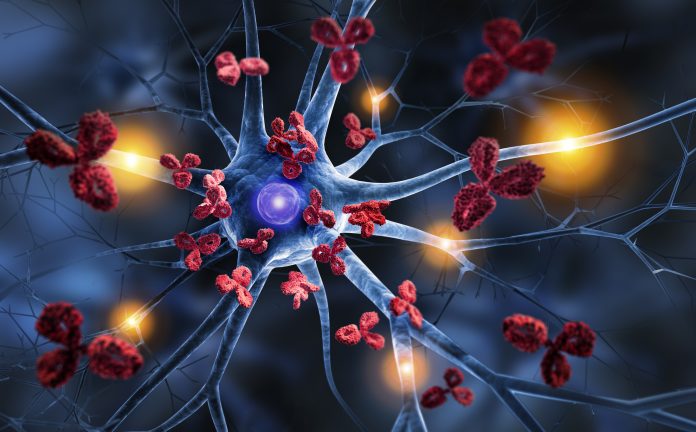Light therapy could be a significant breakthrough in reducing symptoms associated with Alzheimer’s disease
A recent study published in PLOS ONE reveals this discovery. Conducted by Qinghui Meng of Weifang Medical University, China, and a team of international researchers, the study provides evidence of the possible impact of photobiomodulation on sleep and psycho-behavioural symptoms in patients with Alzheimer’s disease.
The effectiveness of light therapy
Alzheimer’s disease is known for its cognitive decline, often alongside other symptoms, including sleep disturbances, apathetic and depressive behaviour, as well as agitation and aggression.
The study explores the efficiency and effectiveness of light therapy, a non-pharmacological intervention using light energy to stimulate the suprachiasmatic nucleus (SCN), a key regulator for sleep.
The researchers meticulously reviewed multiple research databases, identifying fifteen high-quality randomised controlled trials of light therapy interventions for Alzheimer’s or dementia. These trials were conducted in seven countries between 2005 and 2022 and involved 598 patients, forming the basis of the study’s comprehensive meta-analysis.
Improvement in symptoms
Light therapy significantly improves sleep, increases inter-daily stability (indicative of strengthened circadian rhythms), and reduces intraday variability (measuring transitions between rest and activity). In patients with Alzheimer’s disease, light therapy emerged as a potential tool for reducing depression, diminishing patient agitation, and reducing caregiver burden.
The researchers acknowledge the limited sample sizes in the studies included in the meta-analysis. They emphasise the need for larger future studies to delve deeper into the potential adverse effects and explore the impact of bright light exposure on patient behaviour.
Potential for light therapy
The study’s authors are optimistic about the potential of light therapy as a treatment option for certain symptoms of Alzheimer’s disease. They highlight the need for further research to validate and expand upon these initial findings, urging the scientific community to invest in more extensive studies that could shape the future of Alzheimer’s care.
Light therapy, a non-invasive and seemingly safe intervention, could emerge as a valuable addition to the toolkit for managing the complex symptoms associated with this condition.








